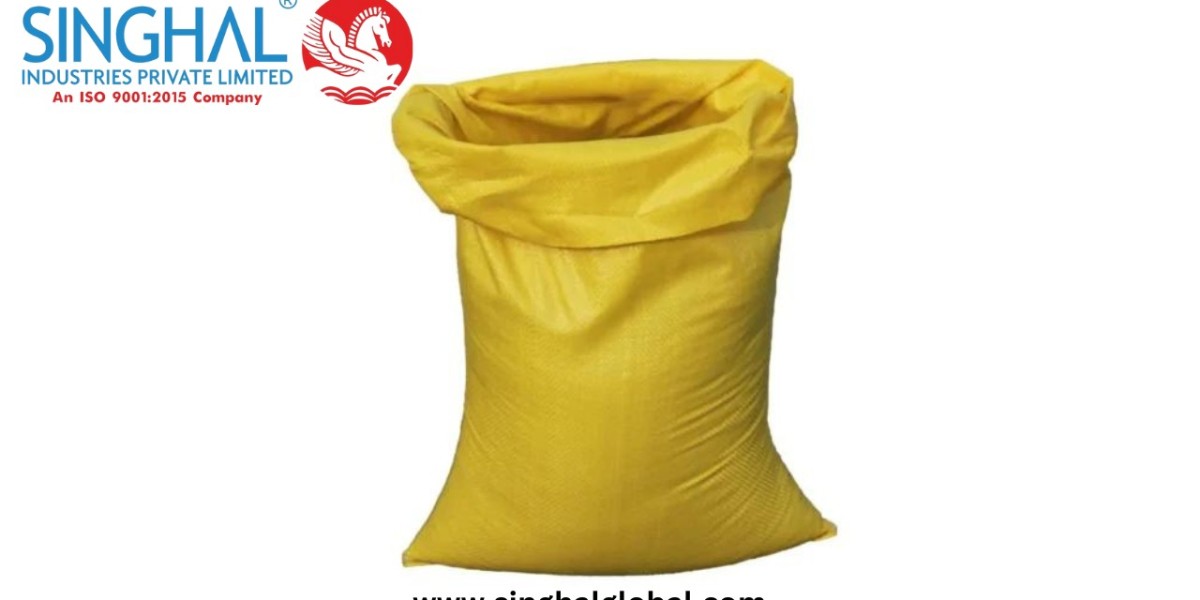High-Density Polyethylene (HDPE) bags have become an integral part of modern life due to their versatility, durability, and cost-effectiveness. From shopping bags to food storage, HDPE bags are widely used in various industries and households. But what exactly are HDPE bags, and why are they so popular? In this article, we will explore the characteristics, benefits, applications, and environmental impact of High Density Polyethylene Bags, along with answering some frequently asked questions to provide a comprehensive understanding of this ubiquitous product.
What is an HDPE Bag?
HDPE, or High-Density Polyethylene, is a type of thermoplastic made from petroleum. It is known for its high strength-to-density ratio, which makes it a popular material for manufacturing bags that are lightweight yet incredibly durable. HDPE bags are created by extruding molten polyethylene into thin films, which are then shaped into bags of various sizes and thicknesses.
Key Characteristics of HDPE Bags:
- Durability: HDPE bags are resistant to tears, punctures, and stretching, making them suitable for carrying heavy or sharp objects.
- Water Resistance: The material is naturally waterproof, which protects the contents of the bag from moisture.
- Chemical Resistance: HDPE is resistant to many chemicals, including acids and solvents, which makes it ideal for various industrial applications.
- Recyclability: HDPE bags are recyclable, contributing to their environmental sustainability when disposed of properly.
Benefits of Using HDPE Bags
1. Strength and Durability
One of the main reasons HDPE bags are widely used is their strength and durability. Unlike other types of plastic bags, HDPE bags can carry heavy loads without tearing. This makes them ideal for grocery shopping, where bags often need to hold a variety of items, some of which may be bulky or heavy. Their resistance to punctures also makes them suitable for packaging sharp objects, such as tools or hardware.
2. Cost-Effectiveness
HDPE bags are relatively inexpensive to produce, which translates to lower costs for consumers and businesses. Their low production cost, combined with their durability, makes them a cost-effective choice for various applications, from retail to industrial uses.
3. Lightweight
Despite their strength, HDPE bags are lightweight. This makes them easy to carry and transport, reducing the overall weight of shipments. For businesses, this can result in lower transportation costs, especially when shipping large quantities of products.
4. Versatility
HDPE bags are used in a wide range of industries and applications. They are commonly found in retail stores as shopping bags, but they are also used in food packaging, garbage disposal, agricultural applications, and even as liners for boxes and bins. Their versatility is one of the key factors behind their widespread adoption.
5. Water and Chemical Resistance
HDPE bags offer excellent resistance to water and many chemicals. This makes them ideal for packaging and transporting products that need protection from moisture or chemical exposure. For example, HDPE bags are often used to package fertilizers, pesticides, and other chemical products in the agricultural industry.
6. Environmental Impact
While plastic bags, in general, have been criticized for their environmental impact, HDPE bags have some environmental advantages. They require less material to produce compared to other types of plastic bags, and they are fully recyclable. When properly disposed of and recycled, HDPE bags can be repurposed into new products, reducing the need for virgin plastic.
Applications of HDPE Bags
1. Retail and Grocery Stores
One of the most common uses of HDPE Carry Bags Supplieris in retail and grocery stores. These bags are often used as shopping bags due to their strength, durability, and cost-effectiveness. They can hold a variety of items, including groceries, clothing, electronics, and more, without breaking or tearing.
2. Food Packaging
HDPE bags are frequently used in the food industry for packaging various products, including fresh produce, frozen foods, and baked goods. The bags' water-resistant properties help to protect food from moisture, while their chemical resistance ensures that they do not react with food items, keeping them safe for consumption.
3. Industrial Packaging
In industrial settings, HDPE bags are used to package and transport chemicals, fertilizers, building materials, and other products that require durable and chemical-resistant packaging. Their strength and puncture resistance make them suitable for containing heavy or sharp items.
4. Waste Management
HDPE bags are commonly used as garbage bags due to their strength and ability to hold large quantities of waste without tearing. They are also used as liners for waste bins and dumpsters, providing a layer of protection against leaks and spills.
5. Agricultural Uses
In agriculture, HDPE bags are used for a variety of purposes, such as packaging seeds, fertilizers, and animal feed. Their resistance to moisture and chemicals makes them ideal for storing and transporting agricultural products.
6. Construction and Building
HDPE bags are also used in the construction industry as liners for concrete forms, sandbags, and protective coverings for materials. Their durability and resistance to the elements make them suitable for use in demanding construction environments.
Environmental Impact of HDPE Bags
1. Recyclability
One of the most significant environmental benefits of HDPE bags is their recyclability. HDPE is a recyclable material, and when HDPE bags are properly collected and processed, they can be transformed into new products, such as plastic lumber, piping, and more. This helps to reduce the demand for virgin plastic and minimizes waste.
2. Reduced Material Usage
HDPE bags require less material to produce than other types of plastic bags, which reduces their overall environmental footprint. Their lightweight nature also means that less energy is required for transportation, further reducing their impact on the environment.
3. Challenges of Plastic Waste
Despite their recyclability, HDPE bags still contribute to plastic waste if not properly disposed of. Like all plastic products, HDPE bags can take hundreds of years to decompose in a landfill. To mitigate this, it's essential for consumers and businesses to prioritize recycling and to consider alternatives when appropriate.
4. Alternative Solutions
To address the environmental concerns associated with plastic bags, many retailers and consumers are turning to alternatives such as reusable bags made from cloth, jute, or other sustainable materials. However, HDPE bags remain a viable option for situations where durability, water resistance, and cost are primary concerns.
Conclusion
The HDPE Plastic Bags Manufacturerare a versatile and durable solution for a wide range of applications, from shopping and food storage to industrial packaging and waste management. Their strength, cost-effectiveness, and recyclability.
Frequently Asked Questions (FAQ)
1. What is the difference between HDPE bags and other plastic bags?
HDPE bags are made from high-density polyethylene, which gives them a higher strength-to-density ratio compared to other plastic bags like LDPE (Low-Density Polyethylene) bags. This means they are stronger and more durable, making them suitable for carrying heavier loads and for industrial applications.
2. Are HDPE bags safe for food storage?
Yes, HDPE bags are safe for food storage. They are chemically inert, meaning they do not react with food or leach harmful substances. This makes them a popular choice for packaging fresh produce, frozen foods, and other perishable items.
3. Can HDPE bags be recycled?
Yes, HDPE bags are fully recyclable. They can be processed into new plastic products, reducing the need for virgin plastic. However, proper collection and processing are essential to ensure that HDPE bags are effectively recycled.
4. How long do HDPE bags take to decompose?
HDPE bags can take hundreds of years to decompose in a landfill. This long decomposition time is one of the environmental concerns associated with plastic bags. Recycling and responsible disposal are crucial to minimizing their impact on the environment.
5. What are the alternatives to HDPE bags?
Alternatives to HDPE bags include reusable cloth bags, paper bags, and bags made from biodegradable materials. Each alternative has its own advantages and disadvantages, depending on the specific application and environmental considerations.



